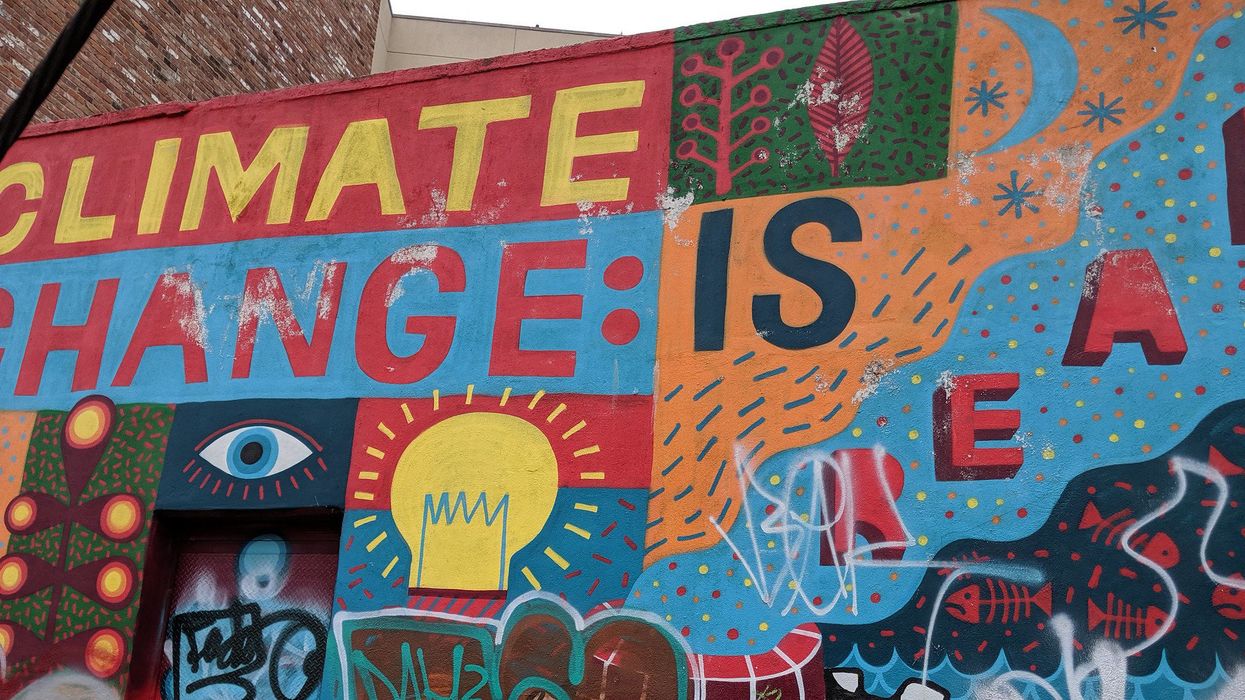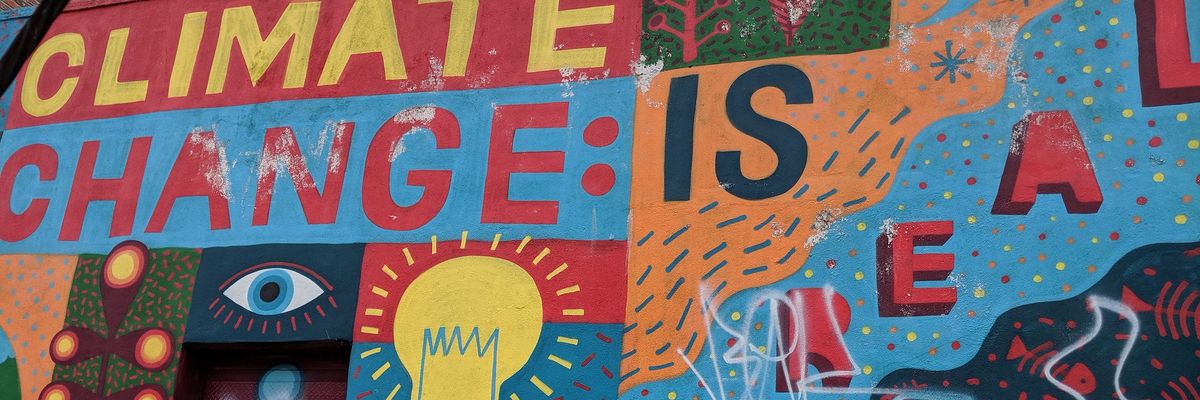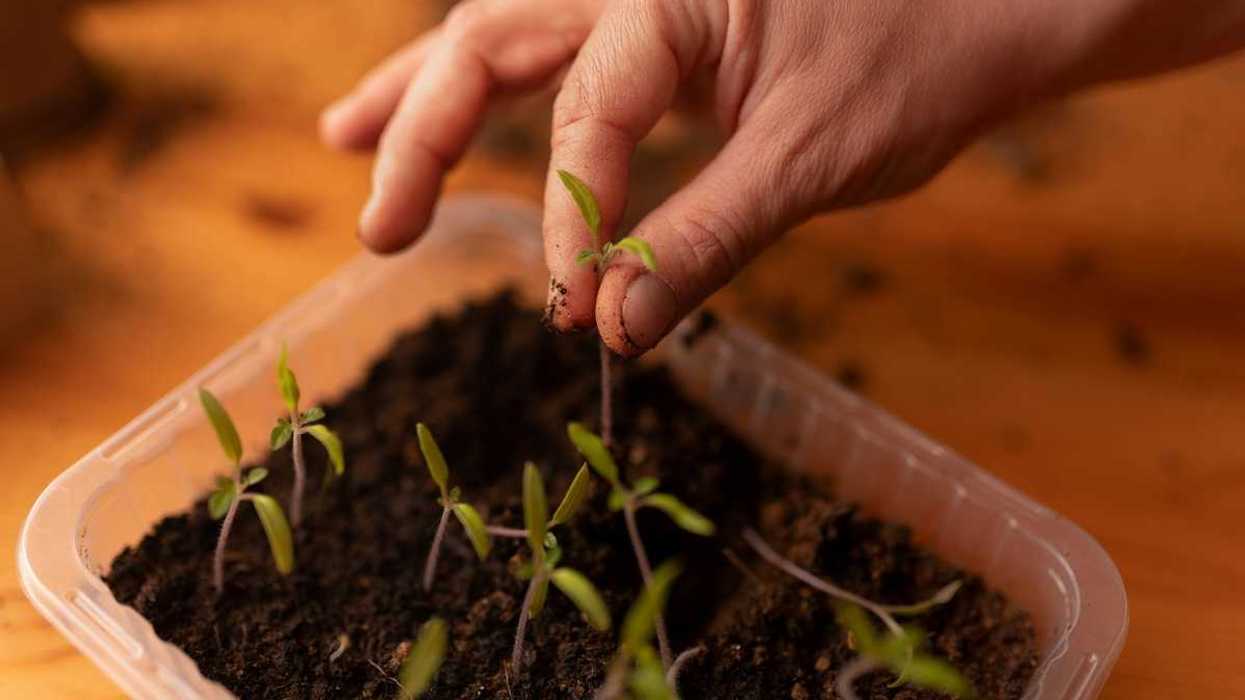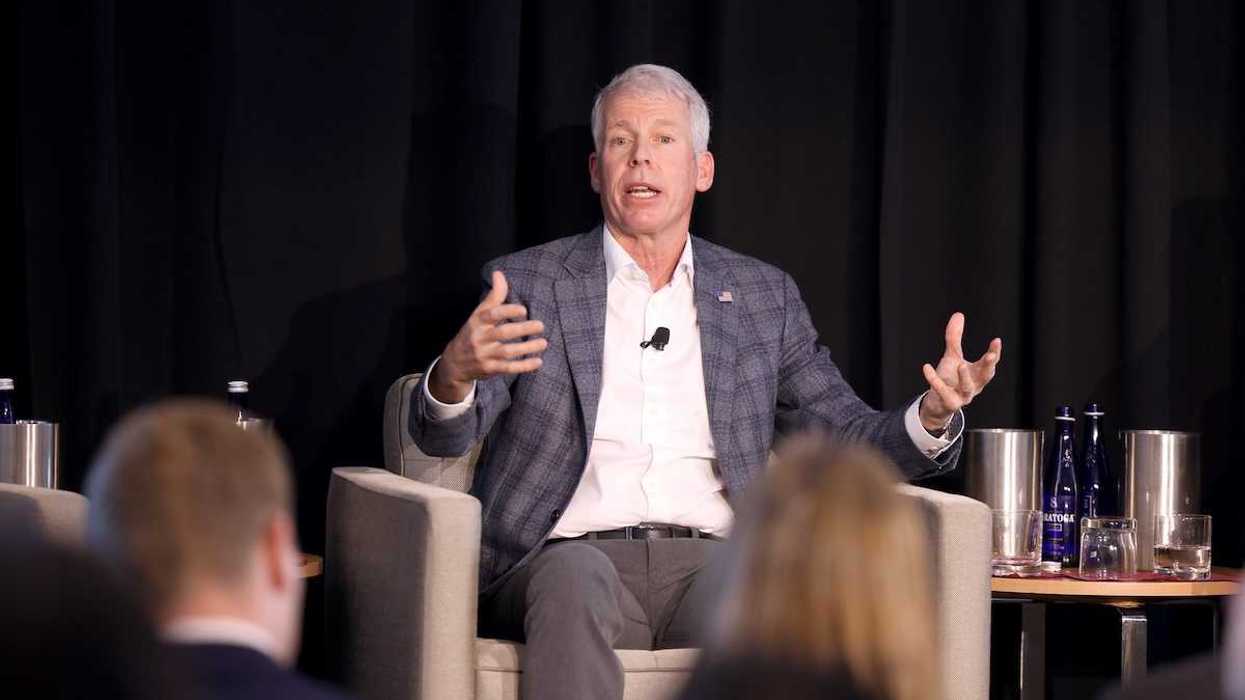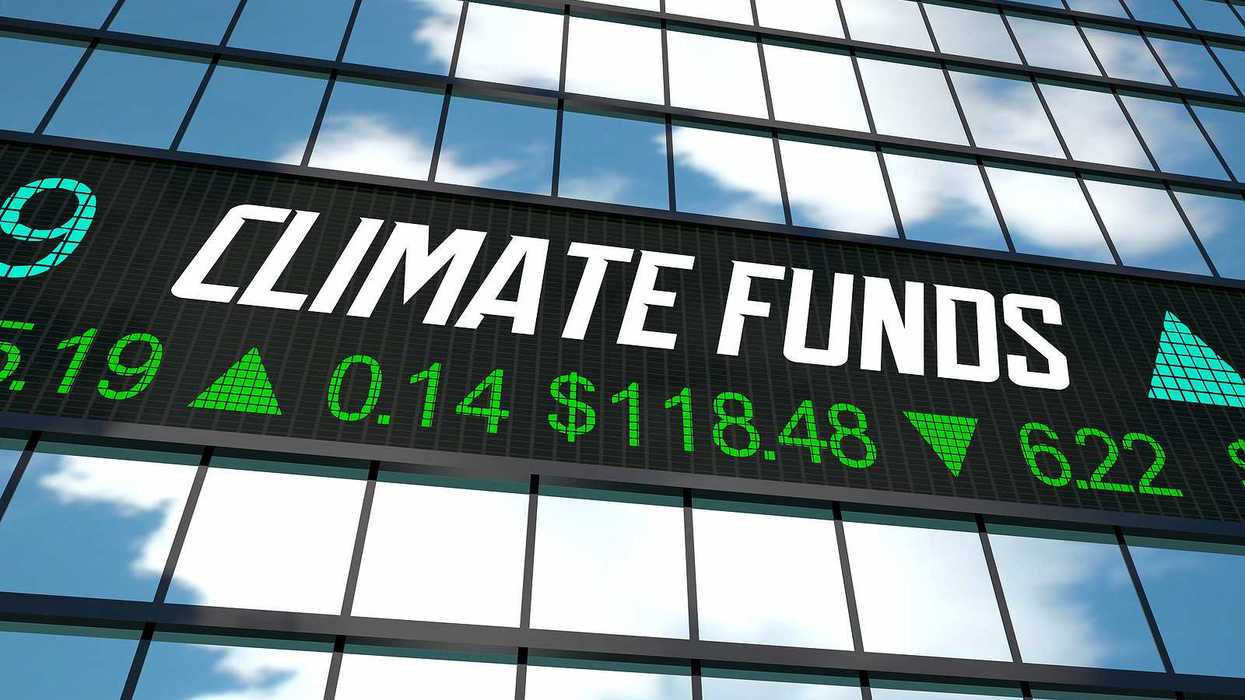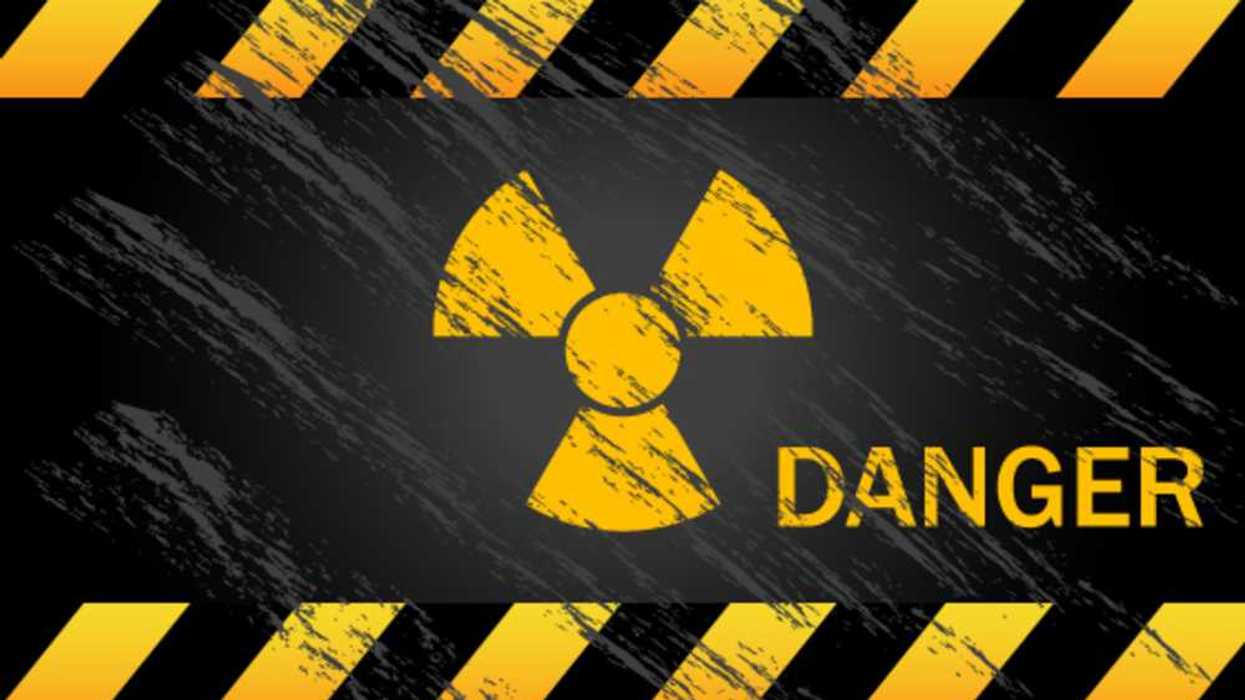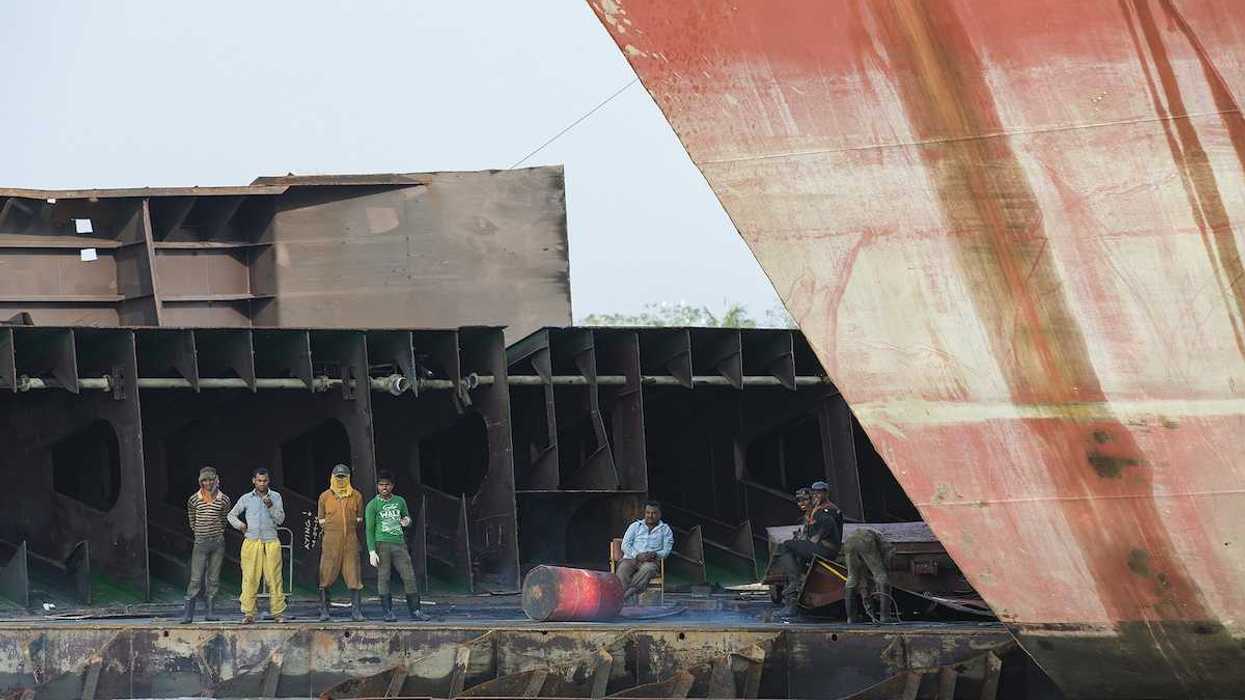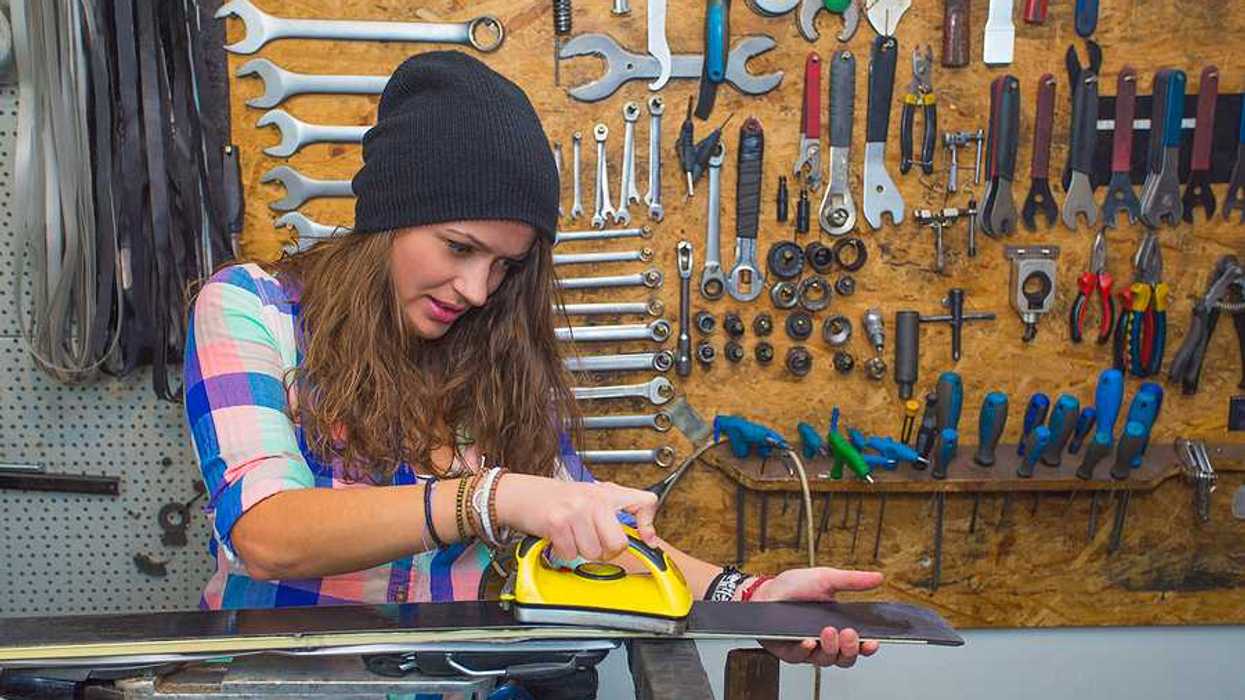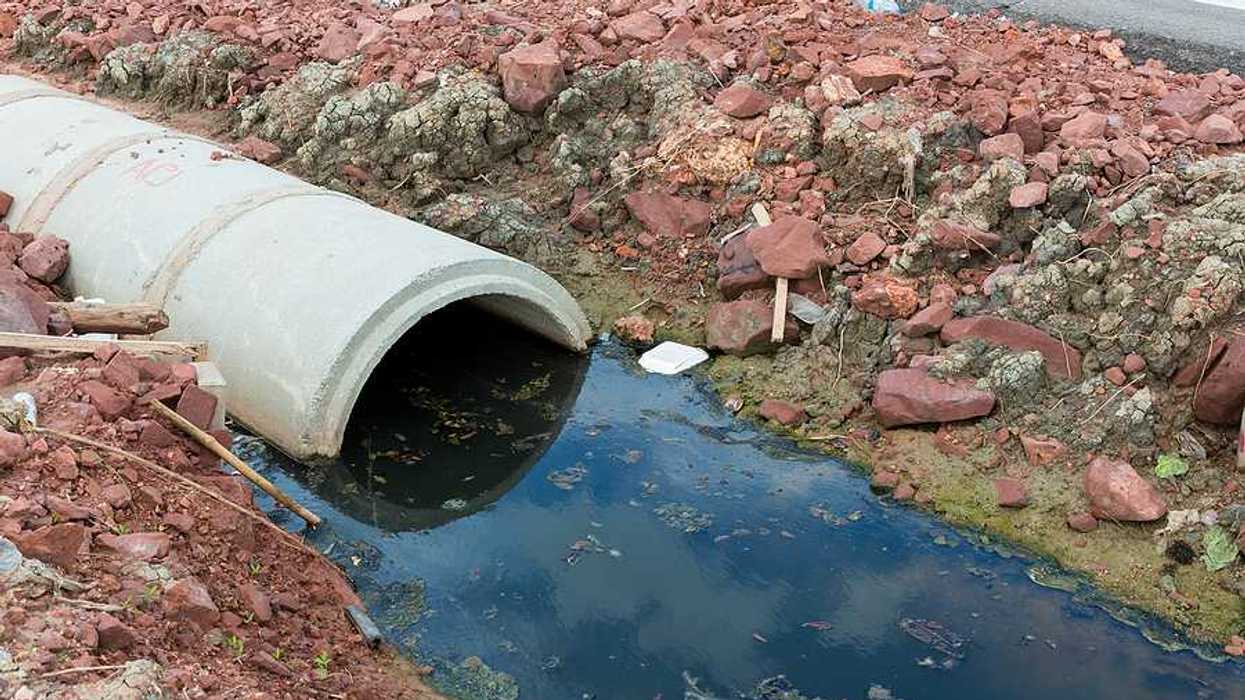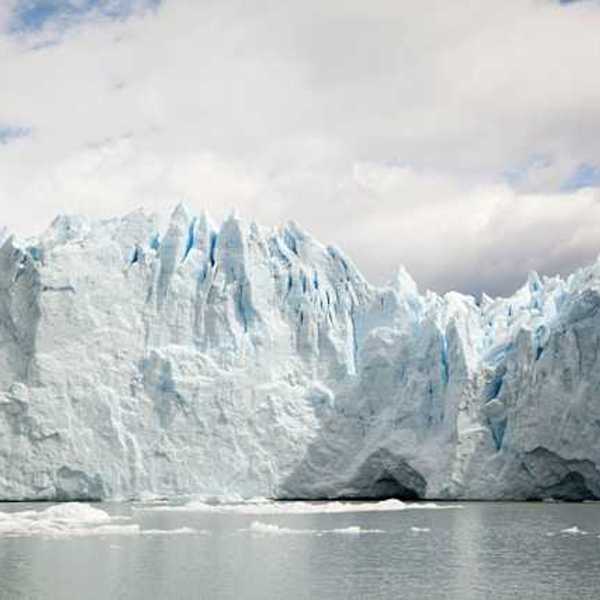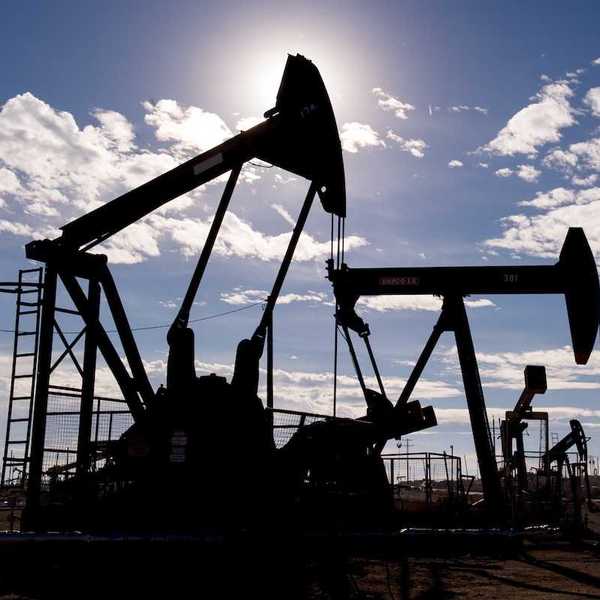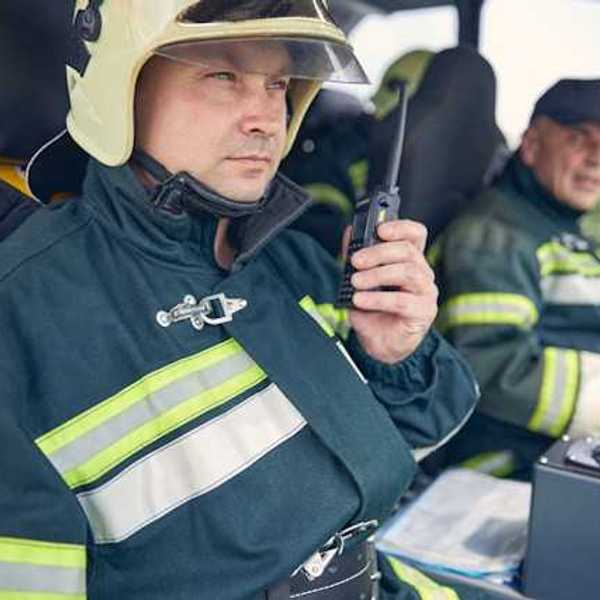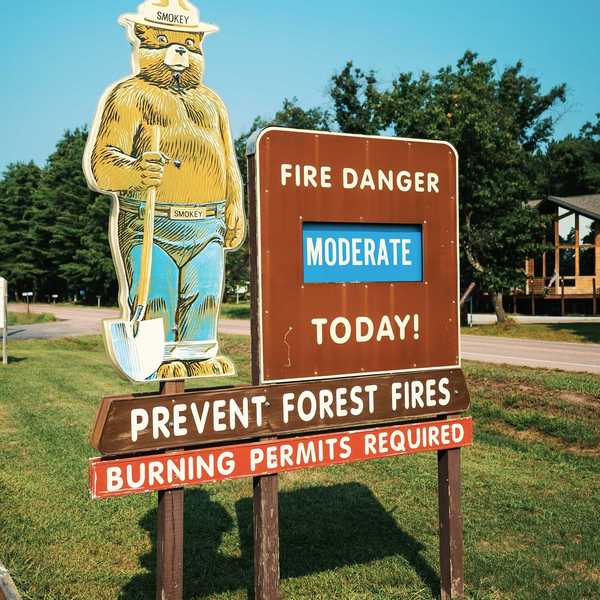When I'm in the checkout line at the grocery, the tabloids invariably catch my eye for a split second.
Amid the cover stories about aliens, Elvis, the Royal Family or the continued search for JonBenét Ramsey's real killer, there's always a hardy perennial story about a miracle cancer cure or can't miss weight loss program. And even though I know these tales come straight from a money pit of fantasies and lies, for a fraction of a second, I really, really want to believe these things are for real.
Despite having been around the climate change story for about 40 years, and having seen the science validated time after time, I really, really, really want to believe climate change is a hoax; that politicians like Al Gore are the vanguard of a stealth Commie takeover; that Sierra Clubbers and their limo drivers and Gulfstream pilots are having a good chuckle at us alarmists; that seas encroaching on our coastlines are part of a cynical plot to shorten Michael Mann's vacation drive from State College, Pennsylvania, to the Jersey Shore.
Alas. In far less time than it takes to read the above, my head snaps back to the reality of what we know. But for a nanosecond every day, I let myself believe that climate change is not a problem and that a handful of ideologues and political operatives covered by a thin veneer of "legitimate" scientists are right.
It would be awesome for my world if they were right, and well worth the cost of my being embarrassingly, career-wreckingly wrong about climate change. Tens of thousands of journalists, policymakers, scientists, and advocates would be wrong along with me.
So that's quite a bargain: A world not imperiled by climate change for the relatively paltry price of disgraced careers would be wonderful. But what we appear to be headed for is the opposite: Vindicated careers, backed by a torrent of new science and on-the-ground evidence, credited with predicting an avoidable planetary disaster.
So let's call it an I-told-you-so for the ages. Climate journalists can take cold comfort in their vindication, and it's come with some vilification along the way. Seth Borenstein, science writer for the Associated Press, is a frequent target, and it can get personal: A photoshopped image of Borenstein as a "climate pimp," blinged out and wearing a white fur suit and wide-brimmed hat, has made the rounds on the Internet for a decade.
This piece, from climate-denying all-star Anthony Watts, criticized Borenstein for having a journalism degree rather than a science degree. It's a favorite tactic of Watts, who according to records, attended Purdue University for seven years without receiving a degree in anything.
An entire organization has also come under periodic attack. The Society of Environmental Journalists is stacked with a thousand-plus membership who have reported on the reality of climate change for nearly three decades.
The world's focus on the environment kicked into high gear about 50 years ago. Half a century is a long enough time for environmental journalism to have amassed a track record, and the verdict is clear: The track record is impeccably good; and for the most part, climate-beat journalists sometimes wish it weren't so.
But I could be wrong about this.
Peter Dykstra is our weekend editor and columnist. His views do not necessarily represent those of EHN, The Daily Climate or publisher, Environmental Health Sciences. Contact him at pdykstra@ehn.org or on Twitter at @Pdykstra.

